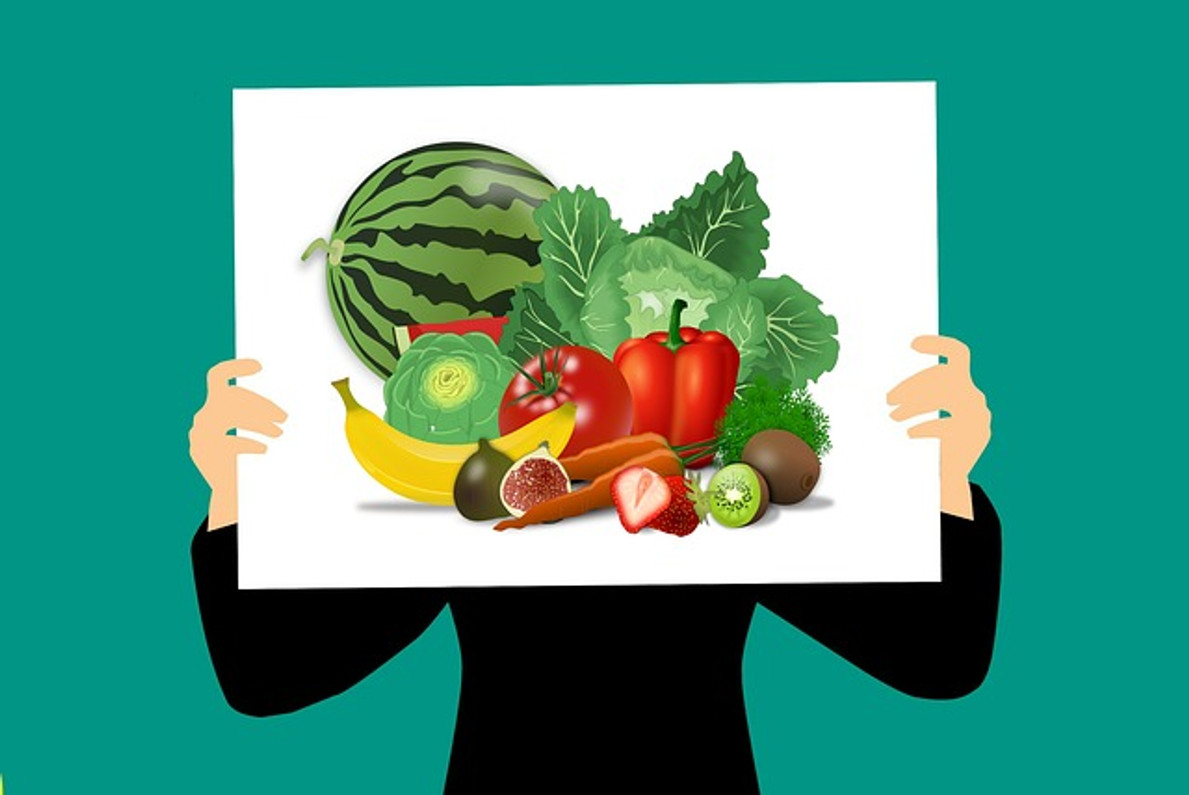Study: Eating More Fruits and Veggies Lowers Risk of Heart Disease
Want to lower your risk of heart disease? If so, you should consider adding more fruits and veggies to your diet. It's estimated that over 600,000 people in the United States die from heart disease in any given year, making it the country's top cause of death. A new study published in the medical journal "Circulation," however, found a correlation between the consumption of fruits and veggies and a lower risk of heart disease.
About the Study
For the study, researchers analyzed the health data of over 2 million adults. The data spanned three full decades and consisted of information involving the participants' diets and heart disease rates. Researchers found that participants who consumed two servings of fruit and three servings of veggies per day were 12% less likely to die from heart disease than their counterparts who consumed fewer servings of fruits and veggies.
Of course, most people fall short of consuming two servings of fruit and three servings of veggies per day. Many people only consume one or two servings of fruits and veggies per day, whereas others don't consume any servings of fruits and veggies. If you're trying to lower your risk of heart disease, you should embrace plenty of produce in your diet. As revealed in the aforementioned study, it can protect you from heart disease while extending your life in the process.
Why Fruits and Veggies Are Good for Your Heart
You might be wondering why fruits and veggies are good for your heart. For starters, they contain plenty of water. Fruits in particular have a high water content. This is important because water keeps your body hydrated, which in turn promotes a healthy heart. Dehydration can leave you susceptible to heart disease. You can stay hydrated, though, by adding more fruits to your diet.
Fruits and vegetables also contain heart-beneficial compounds known as antioxidants. Antioxidants, such as vitamin C, have been shown to protect against plaque buildups in the arteries. When plaque goes unchecked, it can restrict blood flow through your body while subsequently increasing your risk of heart disease. Consuming plenty of fruits and veggies will protect against plaque buildup so that you are less likely to develop heart disease.
You can control your blood pressure by consuming more fruits and veggies. Other studies have shown that people who consume plenty of fruits and veggies in their diets have lower blood pressure levels. High blood pressure is a risk factor for heart disease. Therefore, adding more fruits and veggies to your diet can promote a healthy heart and lower your risk of heart disease.
Recent Posts
-
Fire Safety in the Workplace: What You Need to Know
What steps are you taking to prevent fires in your workplace? According to the U.S. Occupational Saf …Aug 23rd 2023 -
Is It Safe to Go Jogging With a Cold Infection?
If you're suffering from a cold infection, you might be wondering whether it's safe to go jogging. T …Aug 22nd 2023 -
5 Safety Tips to Follow When Using a Powder-Actuated Tool
Powder-actuated tools are commonly used to join materials to steel and concrete. Also known as Hilti …Aug 20th 2023




